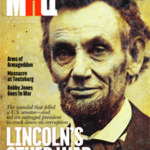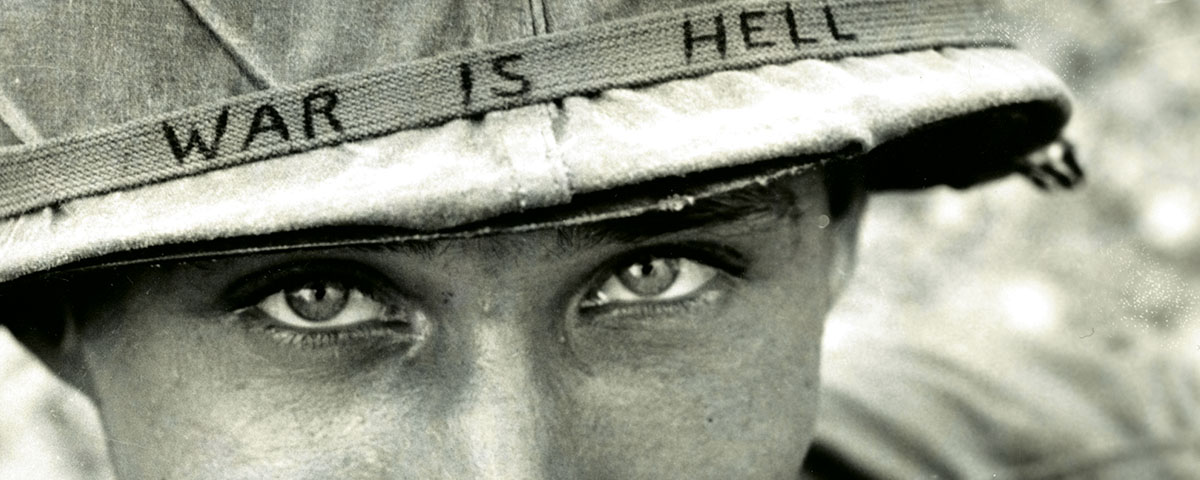EUGENE J. McCARTHY WAS BORN IN WATKINS, MINNESOTA, IN 1916. He became an economics professor after earning a graduate degree from the University of Minnesota, but during World War II he enlisted in the U.S. Army and served as a code breaker for the War Department’s Military Intelligence Division. In 1948 he was elected to the U.S. House of Representatives, where he served until he won election to the Senate in 1958.
In 1968, during his second term in the Senate, McCarthy sought the Democratic presidential nomination, challenging incumbent Lyndon B. Johnson on an anti–Vietnam War platform. He stunned the American political and media establishment by winning 42 percent of the New Hampshire primary vote to Johnson’s 49 percent. Although his audacious challenge to the incumbent president of his own party would force Johnson out of the race, and the White House, McCarthy came up short in his quest for the nomination. Nonetheless, he galvanized a massive grassroots antiwar movement and inspired a new generation of citizens—especially college students—to political activism.
McCarthy was also a gifted poet whose literary sensibilities were evident even in his political writing. He was often accompanied on the campaign trail by poet Robert Lowell, who once called McCarthy “a one-man Greek chorus.” In the poem reprinted here, which McCarthy wrote in early 1968, he laments the missing spirit of the GIs in Southeast Asia. “I had great sympathy—probably more than that—for the men who were fighting in Vietnam, especially when we reached the point where we knew it was not going to be a success,” McCarthy recalled in a 1982 interview. “There would be no heroes. They were not likely to come back to any kind of welcome.”
McCarthy died in 2005, at age 89, of complications from Parkinson’s disease.
KILROY
Kilroy is gone,
the word is out,
absent without leave
from Vietnam.
Kilroy
who wrote his name
in every can
from Poland to Japan
and places in between
like Sheboygan and Racine
is gone
absent without leave
from Vietnam.
Kilroy
who kept the dice
and stole the ice
out of the BOQ
Kilroy
whose name was good
on every IOU
in World War II
and even in Korea
is gone
absent without leave
from Vietnam.
Kilroy
the unknown soldier
who was the first to land
the last to leave,
with his own hand
has taken his good name
from all the walls
and toilet stalls.
Kilroy
whose name around the world
was like the flag unfurled
has run it down
and left Saigon
and the Mekong
without a hero or a song
and gone
absent without leave
from Vietnam.
[hr]
This article appears in the Spring 2018 issue (Vol. 30, No. 3) of MHQ—The Quarterly Journal of Military History with the headline: AWOL
Want to have the lavishly illustrated, premium-quality print edition of MHQ delivered directly to you four times a year? Subscribe now at special savings!






